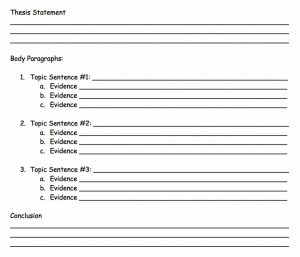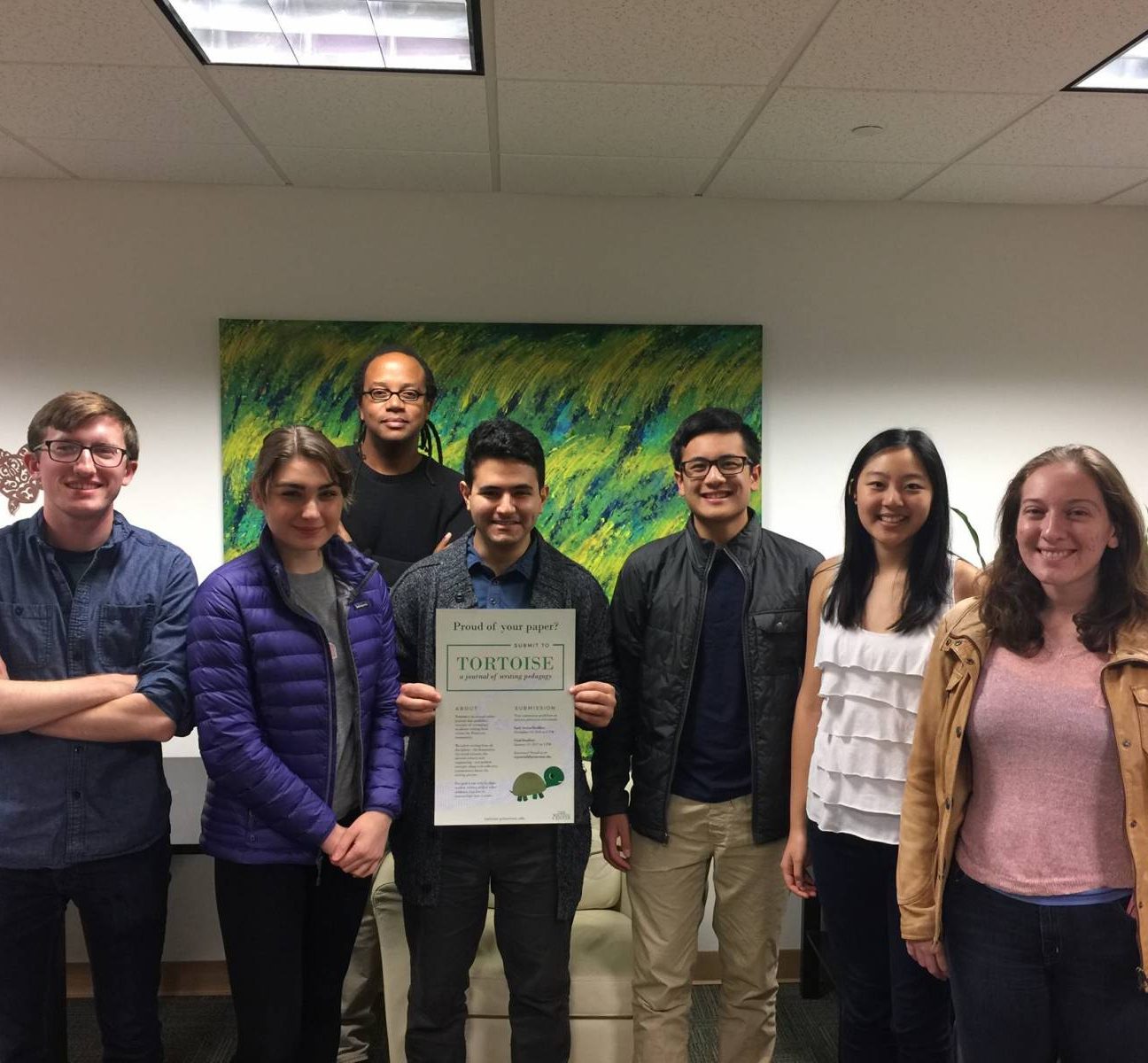I recently got back a midterm essay and, as it turns out, I didn’t do so well. I didn’t give myself enough time to fully flesh out my arguments, and ended up with lots of logic gaps as a result. I was pretty disappointed, but I realized that I could turn this setback into a learning opportunity. So for the final essay, I chose to develop the ideas from this paper, working through its problems and retooling arguments. With the process of rewriting in mind, I’ve compiled a few tips to help you revise drafts and papers.
-

If your first draft wasn’t great, you have an opportunity to reinvent your old ideas! Talk to your professor. This might be intuitive, but don’t revise your paper using only your professor’s notes in the margins. Ask in person what worked and what didn’t so you can get a better sense of where to go. Then continue from there.
- Start thinking about your thesis. Be honest with yourself, do you agree with it? Is it logical? My thesis was a huge part of what detracted from my essay, because I didn’t properly outline my ideas or prove the argument I had made. Think about how you could tweak your main argument relative to the evidence you already have so you avoid writing an entirely new paper.











